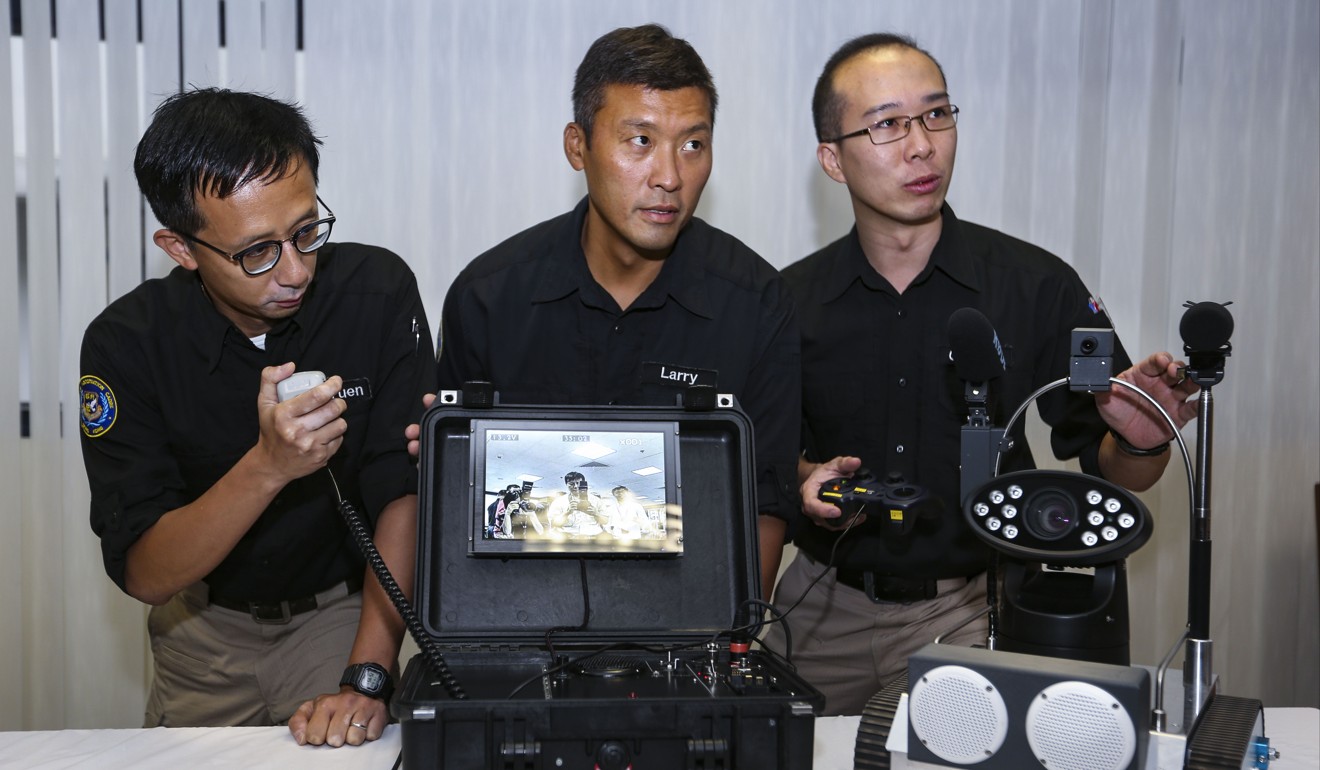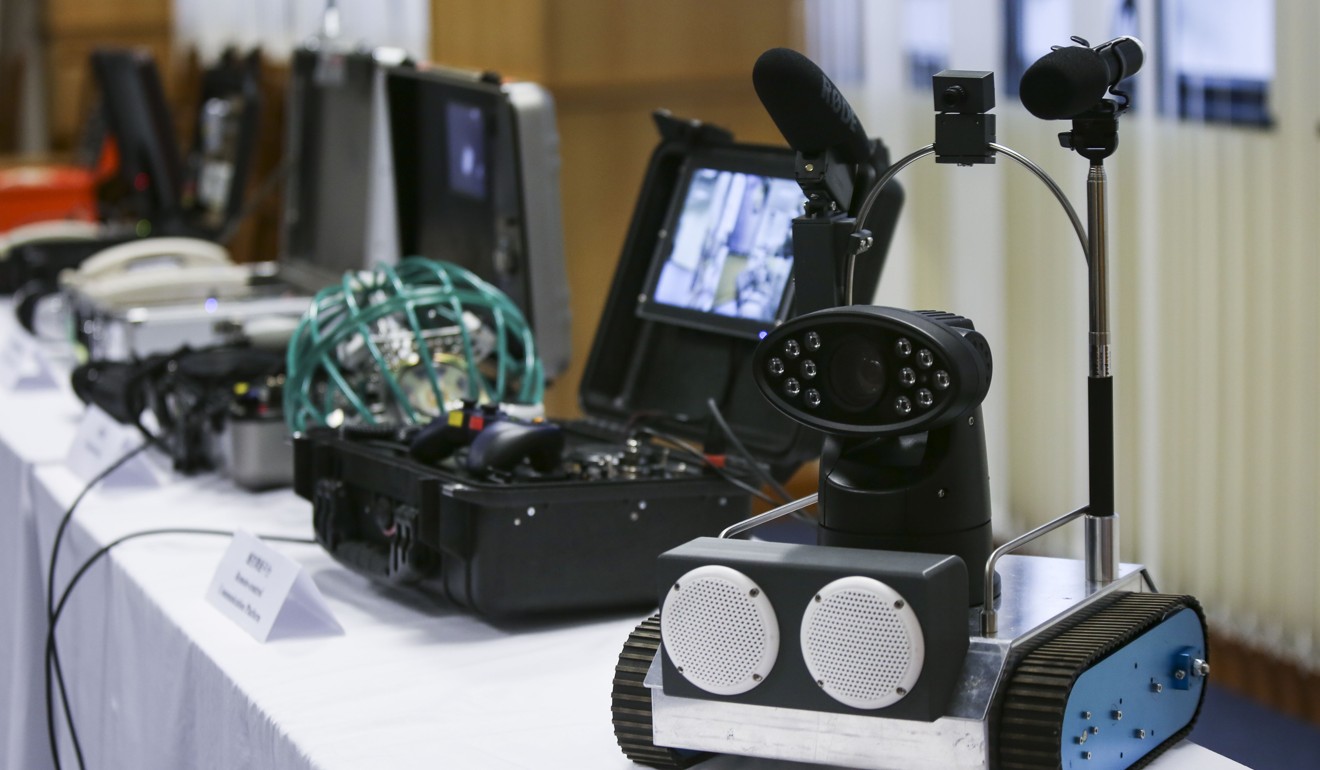
Hong Kong police hope to recruit more mental health professionals
Specialists may be used to help when dealing with mentally unstable individuals or to provide support to negotiators
Hong Kong police may consider bringing in more mental health professionals to provide its negotiators with more up-to-date information when dealing with highly emotional or mentally ill individuals.
Currently the force’s clinical psychologists already provide services and support to members of the 66-strong Police Negotiation Cadre during and after crisis negotiations.
They also take care of the negotiators’ emotions, the team’s work and help to profile subjects.
Gilbert Wong Kwong-hing, chief inspector and commanding officer of the cadre, said the unit hoped to use their foreign counterparts as a reference and are planning to strengthen mental health consultation for the team and for more effective negotiation strategies.
Mental health workers could reduce drug risk at Hong Kong music festivals, experts say
“Some subjects might suffer from bipolar disorder or are taking medication. Psychiatrists can tell us [about[ the subjects’ reactions under the influence of drugs or without drugs,” Wong said. “Bipolar patients sometimes feel high and sometimes feel low. How long would the reactions last? The information is precious to us.”

Wong added that the idea was still in the planning stage and that mental health consultants could be deployed with the negotiators at the scene or advise them over the phone.
But he stressed that such professionals would not negotiate with targets directly. “A commander does not negotiate. A negotiator does not command,” he said.
Of the 80 to 100 cases the force’s negotiation cadre handles each year, the majority involve suicidal individuals. The unit can successfully resolve crises in about 90 per cent of the cases.
The cadre was deployed 46 times in the first six months of this year.
Man who pulled eight-inch knife at Hong Kong court turns himself in
According to Wong, many subjects felt hopeless in life and they came from a wide range of ages and backgrounds. “Depression is one of the factors leading to suicide,” he said.
Membership of the Police Negotiation Cadre, which was set up in 1975 in light of an increase in worldwide terrorist activities, is voluntary and team members can be called upon around the clock.
The unit holds a recruitment exercise every two years, with about 200 applicants vying for 15 spots.

Wong said rescuing people on the brink of killing themselves is like being a commando, with negotiations lasting up to 48 hours.
“We are like serving in the Special Duties Unit. It’s just that their challenges are physical by nature, whereas ours are more mentally related. These life-and-death encounters can put us under a lot of mental strain,” he says.
Two months, 200 cases, and HK$60 million saved: Hong Kong police fight fraud with anti-scam unit
Wong stressed that personality and patience were the prerequisites to being a negotiator and that it was quite difficult to train someone to become a good negotiator as very often they need to break from the conventional concept of being a police officer.
“Police officers like giving out orders . But this is not the quality we want in a negotiator. It is the complete opposite. Negotiators have to listen to others and not to speak too much.”
German Tsang Hei-man, a negotiator with six years of experience and also a task force commander in Mong Kok district, said there was no magic word that could instantly build trust with the target.
“It takes time. Communication is a mutual thing, just like dating. You do not get married immediately after one date,” Tsang said, when sharing his experience in one case where he spent more than seven hours trying to persuade a father to drop his knife and release his daughter from a locked bedroom in the middle of the night.
In the event of a failed negotiation, officers will be given a psychological debriefing to assess their mental state. For the more serious cases, a clinical psychologist will be called in.

